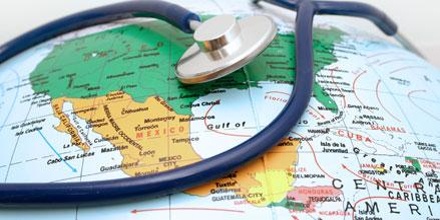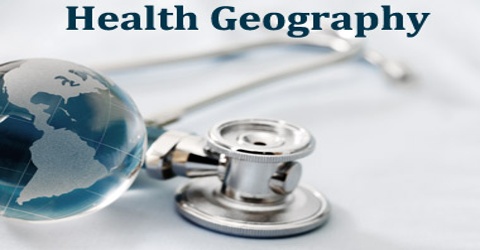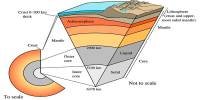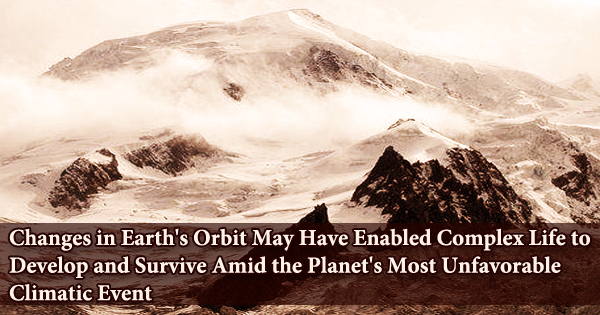Health Geography
Definition
Health geography is the study of the distribution, diffusion, determinants, and delivery associated with health and health systems in human populations. It is a close relative of medical geography. It shares a focus on geographical variations in health and healthcare. The study of health geography has been influenced by repositioning medical geography within the field of social geography due to a shift towards a social model in health care, rather than a medical model.

The geographic distribution of diseases is conditioned by natural factors, including climate and the presence or absence of certain chemical elements in the water and soil and consequently in the food products. Social factors such as material conditions of life, cultural level of the population, and traditional diet also play a decisive role in the geography of certain diseases of humans.
Health geography emerged from medical geography over the past 30 years and the process of emergence is continuing. It has stressed place awareness, a critical position, and an engagement with sociocultural theory, but has not always succeeded in these aims. It is particularly associated with work on therapeutic landscapes and the application of multilevel modeling techniques to the identification of area effects on health. Medical geography is closely connected with epidemiology, microbiology, hygiene, and pathology, as well as physical and economic geography and especially landscape geography.
The health of human populations reflects the complex interplay between population characteristics and the environment. Genetic makeup can predispose certain populations to chronic or acute conditions. Cultural factors, such as stress, economic status, and access to health care, can play a significant part in disease onset.

Classifications of Health Geography
There are three main themes in the geography of health care (or medical geography): disease ecology, health care delivery, and environment and health. Disease ecology involves the study of infectious diseases (e.g., malaria, HIV/AIDS, infant diarrhea) including the spatial distributions of meteorological, biological and cultural phenomena associated with disease, as well as the social, political and economic barriers to positive change. Health care delivery includes spatial patterns of health care provision and patient behaviour and includes issues like inequalities in health, and de-institutionalisation of the mentally ill. Environment and health is a relatively new focus for health geographers that draw geography’s long tradition in environmental hazards research together with health geography.
Healthcare is a public good; it is not equally available to all individuals. Demand for public services is continuously increasing. People need advance knowledge and the latest prediction technology that health geography offers.
Reference: ibis.geog.ubc.ca, eprints.soton.ac.uk, webcache.googleusercontent.com, wikipedia.
















